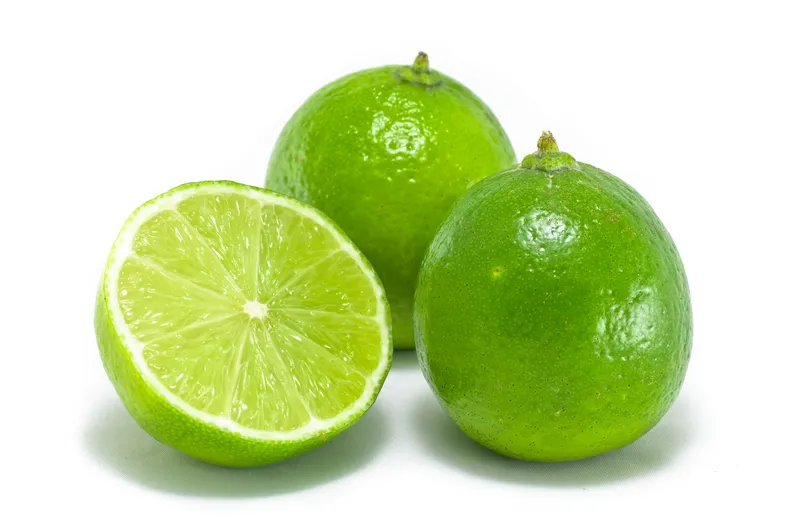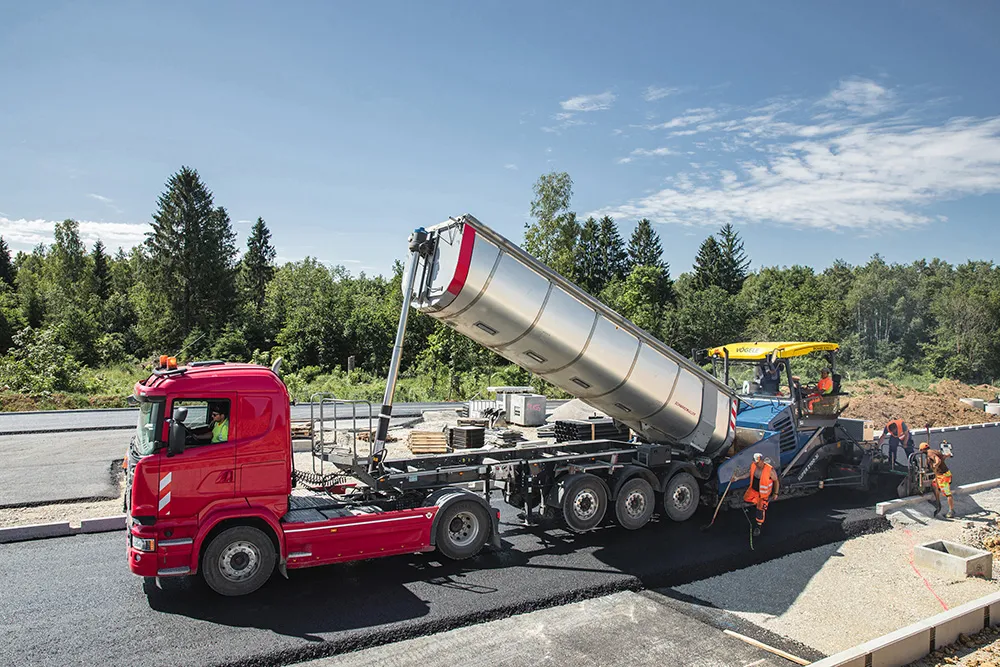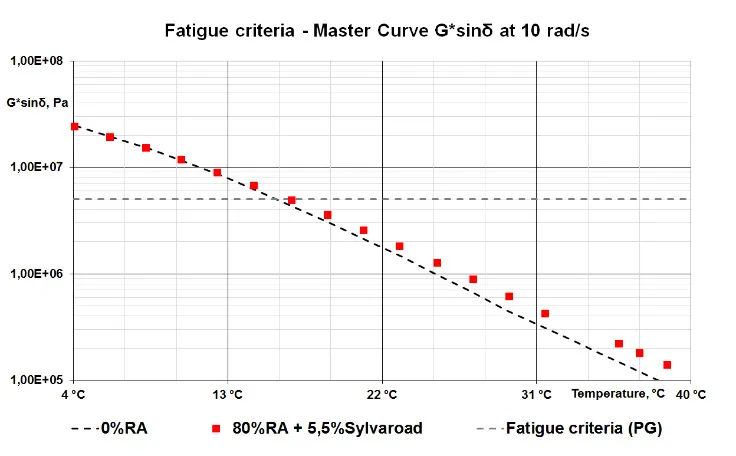
Using hydrated lime in asphalt mixes could boost road surface life, according to European research. Adding hydrated lime can benefit the asphalt in numerous ways, helping to improve the climate resilience of asphalt infrastructure according to research from the EU and the US.
Hydrated lime has been specified widely particularly in the US for many years as an anti-stripping additive and there, and elsewhere, to increase moisture resistance of asphalts. There’s also proven evidence that it can reduce asphalt ageing by lowering the oxidation of the bitumen binder.
Hydrated lime has been used in the asphalts designed for UK and international airport runways for decades and it is already a permitted, multi-functional additive in the UK’s National Highways asphalt specifications and is in the register of durability improvement options towards achieving their zero carbon target.
Across Europe and the US hydrated lime is used frequently in asphalt and, in some locations, is compulsory because of the durability and performance improvement delivering resilient roads.
Research by the University of Nottingham shows how hydrated lime additions absorb unwanted carbonyls and asphaltenes within bitumen. Adding hydrated lime means that, with ageing, there are fewer oxidative reactions that cause bitumen to become stiffer, more brittle and lead to cracking and deterioration of roads, and development of potholes.
The study compared the performance of mastics containing hydrated lime to those made with granite or limestone fillers alone, and found that in all cases the hydrated lime made the asphalt softer after ageing – or less stiff – than its counterparts with standard filler alone.
Other researchers are now observing a long-term case study on asphalt that was laid on a stretch of the A38 near Burlescombe in Devon in 2021.








